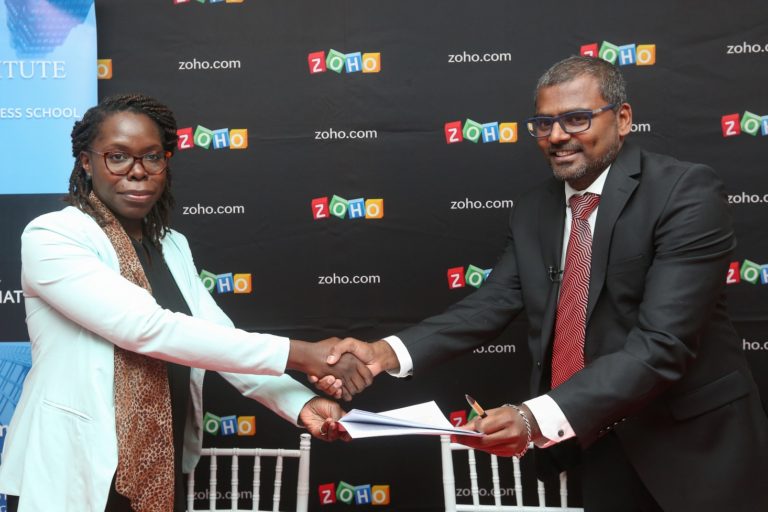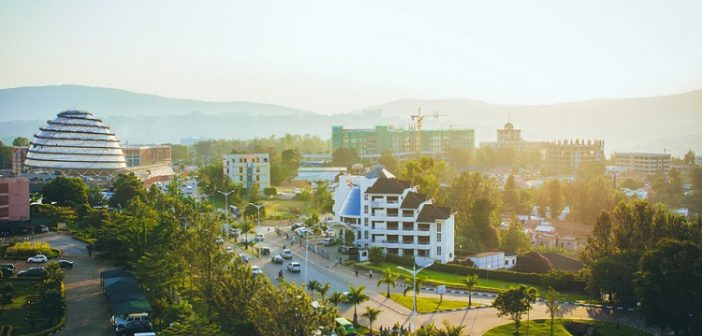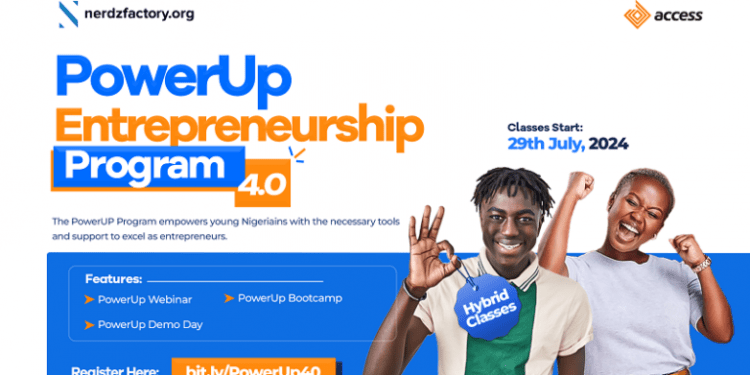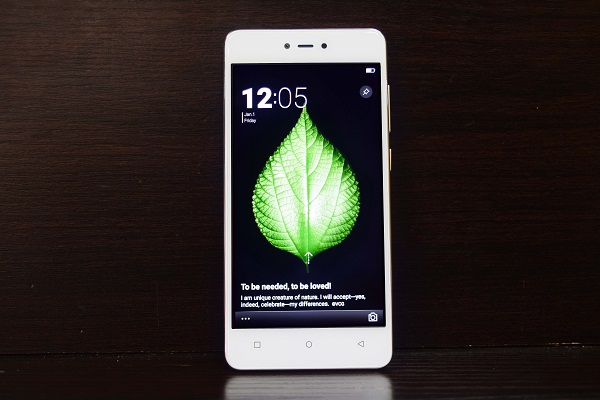IFC Reveals Top 100 Women Startups to Receive Growth Support Via ‘She Wins Africa’ Initiative
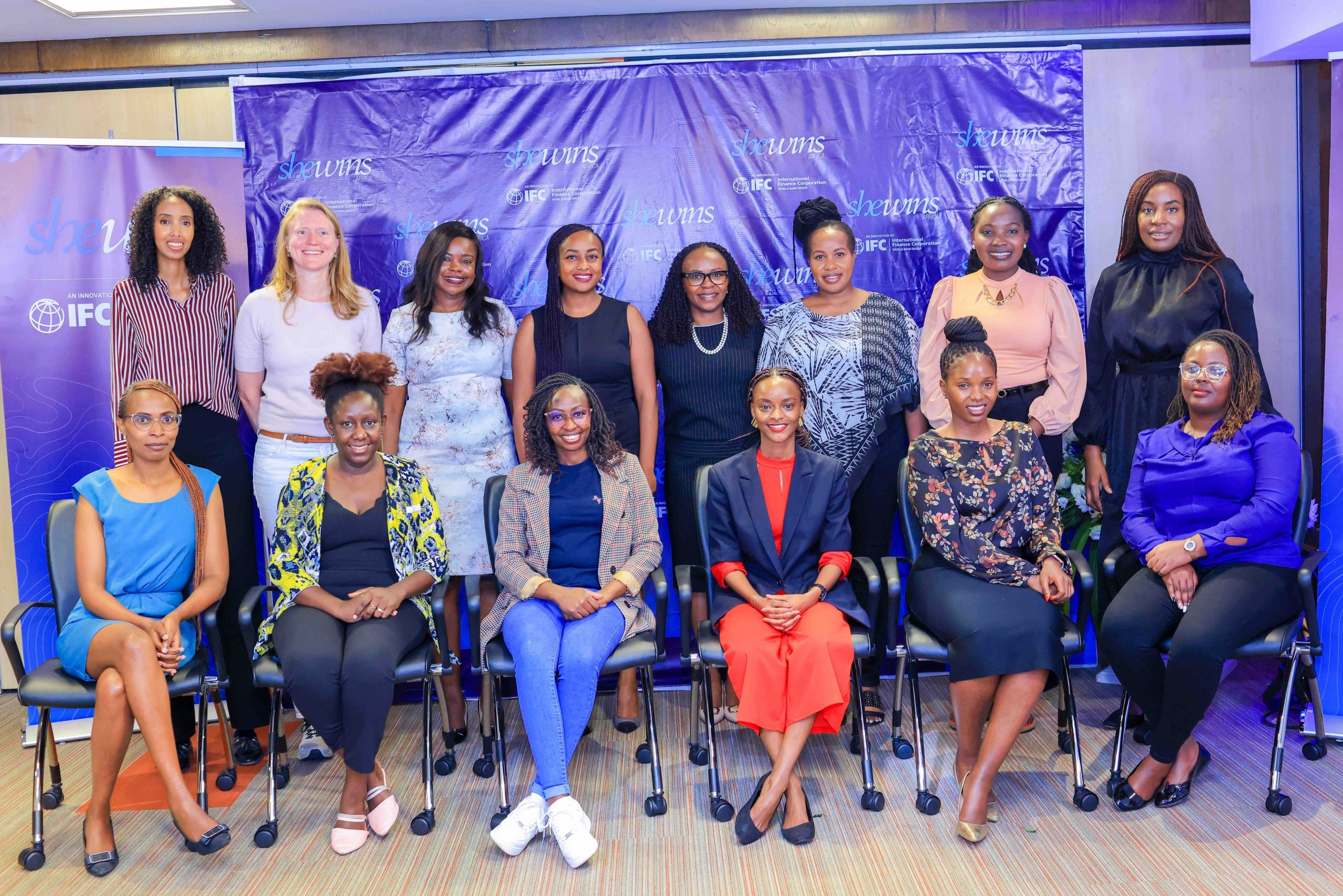
The IFC today released the names of 100 women-led business entrepreneurs who have been chosen to participate in the She Wins Africa project. This IFC-led project aims to increase access to funding for women-led enterprises in Sub-Saharan Africa.
According to a statement shared with Technect, the She Wins Africa program is part of the IFC’s larger commitment to promoting gender equality and empowering female entrepreneurs in emerging markets.
The selected women will take part in comprehensive interventions that will improve their companies’ investment preparedness, including advice and mentorship, as well as providing access to potential investors, industry experts, and peers through matching and pitching opportunities across Africa.
Today’s news comes after the program’s inauguration during the Africa CEO Forum in Côte d’Ivoire in 2023. She Wins Africa is the second initiative of its sort, following the IFC’s She Wins Arabia program, which has helped 170 female entrepreneurs and over 35 Entrepreneur Support Organizations (ESOs) across North Africa and the Middle East since 2021.
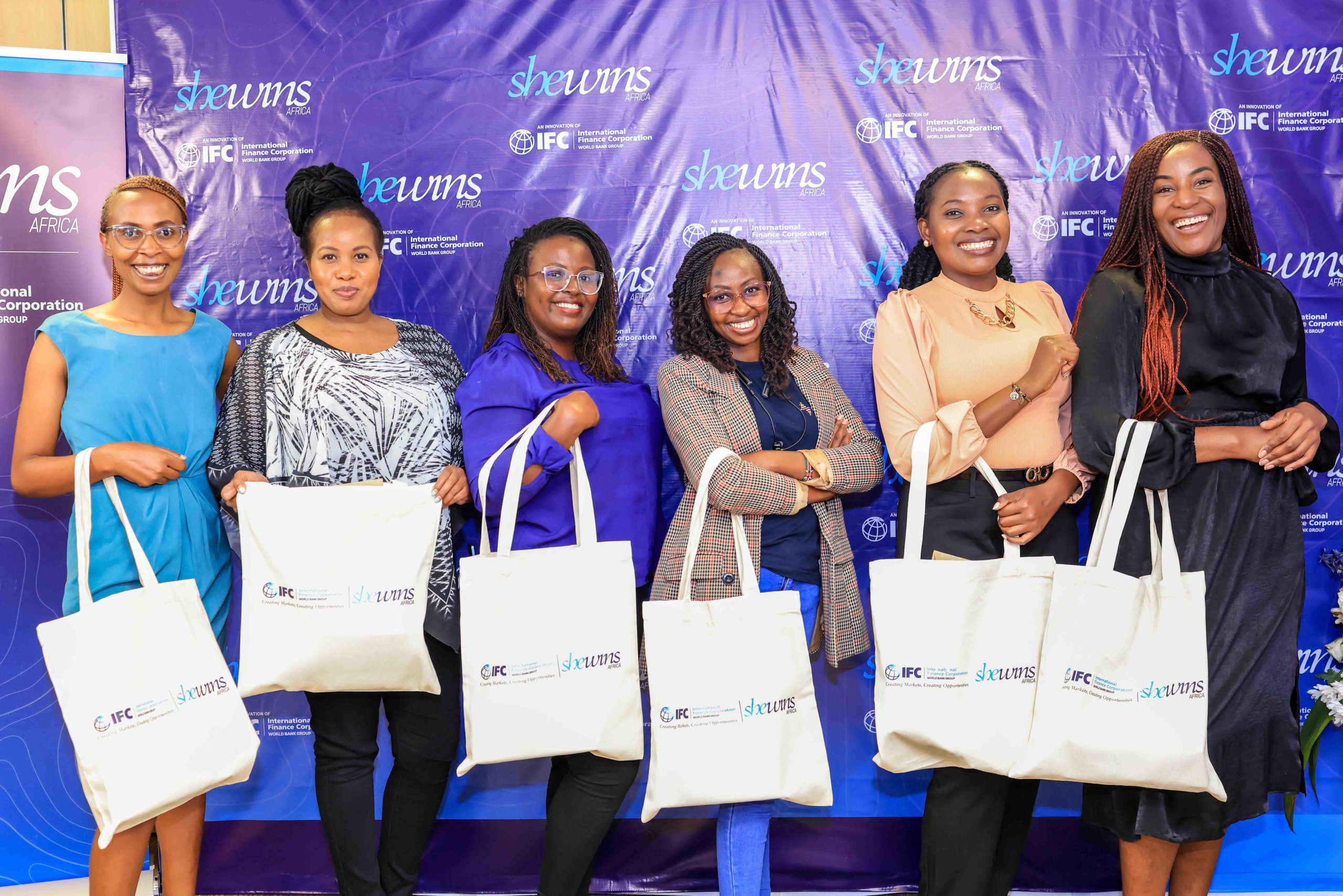
“IFC’s She Wins Africa program empowers women entrepreneurs in Sub-Saharan Africa through coaching, training, and financing, accelerating their growth and investment readiness,” said Nathalie Akon Gabala, Director of Gender and Economic Inclusion at IFC.
“It’s time for investors to step up and fund women. A strong entrepreneurship ecosystem benefits us all”, she added.
The 100 participants selected today were chosen from nearly 3,000 candidates, including women entrepreneurs from Africa working in industries such as agriculture, climate technology, e-commerce, education technology, health technology, and fintech.
In addition to the investment preparedness program for the 100 selected participants, She Wins Africa will launch further activities. This includes:
- a boot camp to help lead 200 pre-seed women-led startups into the acceleration phase,
- an initiative to open up acceleration support for an additional 200 women-led startups in areas where such support is not easily available; and
- a program to create a coalition of funds, venture capital firms and gender-lens investors to improve access to finance for women and their businesses across Africa.
Why is the IFC focusing on women?
Sub-Saharan Africa has the highest rate of female entrepreneurship in the world, accounting for around 26% of female adults. However, according to a 2021 World Bank research, African female innovators earn only approximately 3% of startup funding.
Another “Women and Online Learning in Emerging Markets” report produced by IFC four months ago found that one in every three Nigerian women surveyed reported good professional or business results after taking online courses, such as obtaining a new job, starting a business, or boosting job performance.
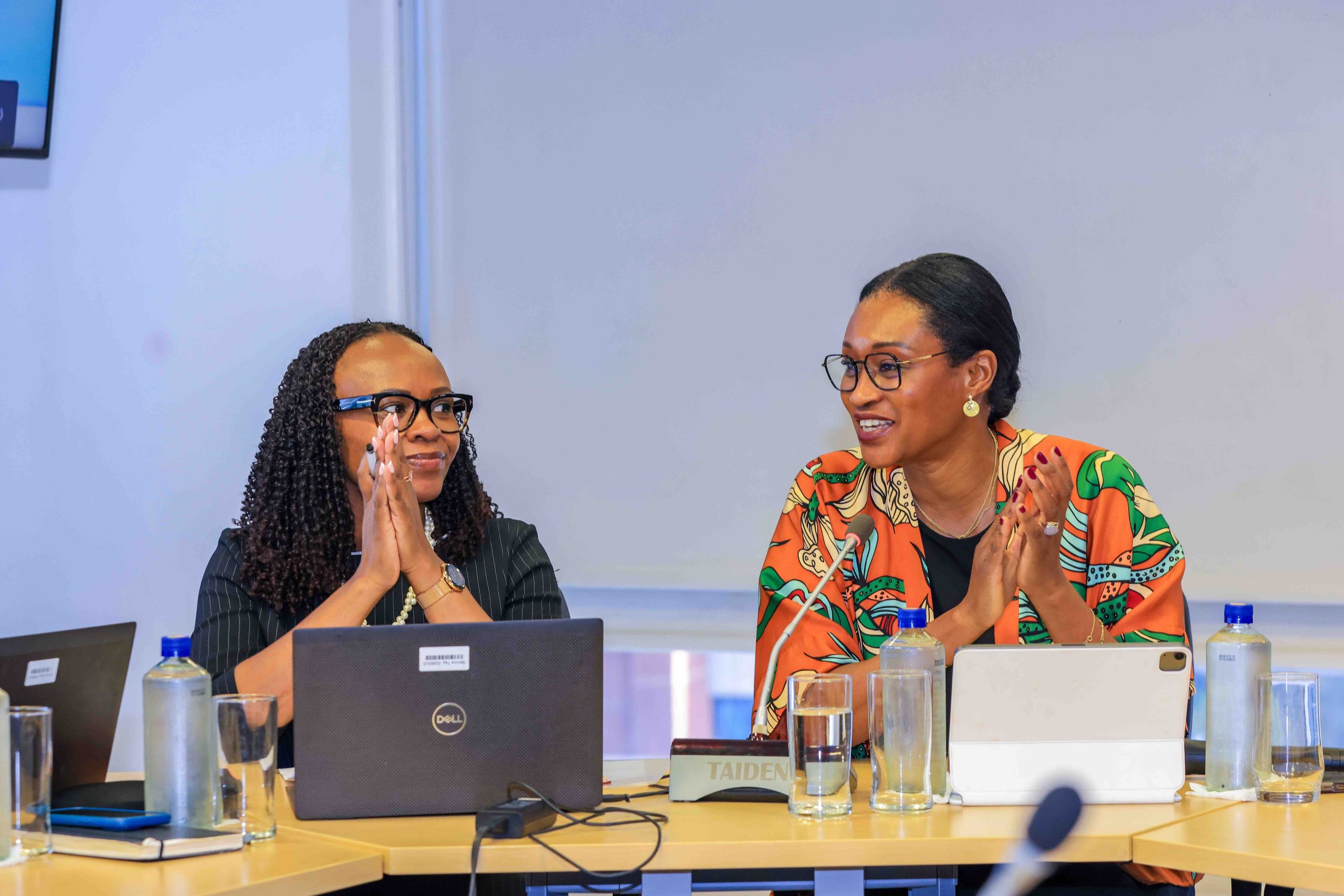
In Nigeria, men account for the majority of online learners. However, in the last five years, the proportion of female learners has increased from 26% in 2017 to 32% in 2022. Women were twice as likely as males to identify family and childcare responsibilities as their motivation for learning online. The epidemic inspired 27% of the women, whereas personal preferences influenced 20%.
According to Kalim M. Shah, Senior Country Manager for Nigeria, the IFC is “committed to fostering increased female participation in the private sector”. According to her, the organization’s goal is to enable women entrepreneurs to not only start successful enterprises, but also to drive social change and economic growth.
In October of last year, it announced 15 female-led Nigerian tech businesses that had been selected to join in the first cohort of an Investment Readiness Accelerator program, the Female Founders Growth Programme.
The Female Founders development Programme is intended for female tech founders who have successfully established a Minimum Viable Product and gained traction by providing answers to essential challenges in a field with strong development potential in the local socioeconomic context.
The selected firms took part in a 7-week investment readiness program meant to improve their business models and fundraising methods.


